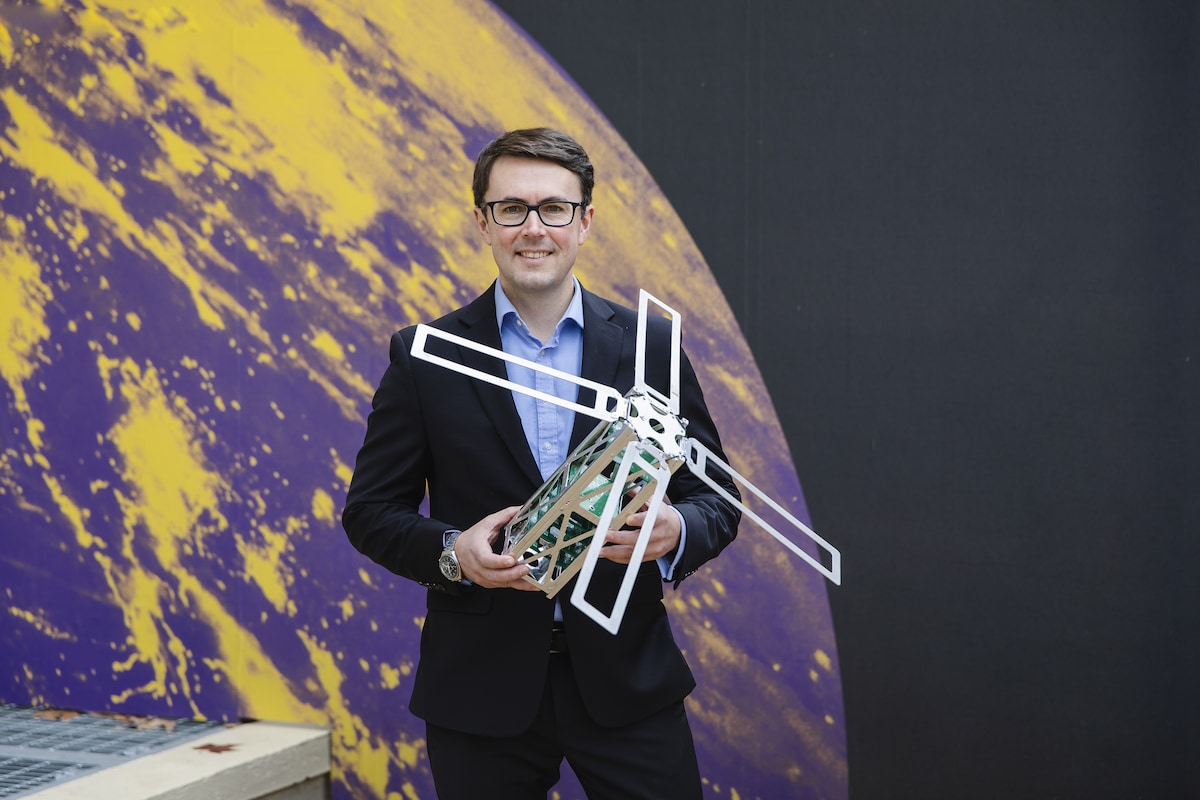Dr Alex Grant from Aussie company Myriota is bringing the power of the Internet of Things to businesses via satellite tech.
"In Australia, our communications networks offer really limited geographic coverage outside of cities,' Dr Alex Grant says. "But we have a lot of businesses in industries like agriculture, mining, transport and logistics and energy infrastructure operating in those remote areas."
In 2010, co-founder and CEO of Myriota, Dr Alex Grant was working in satellite communications research at the University of South Australia. It was then he realised the Internet of Things' (IoT) growing importance – and how thousands of Australians might not have access.





